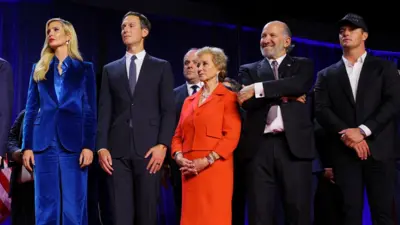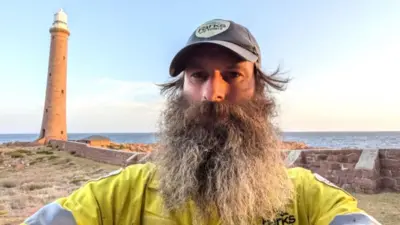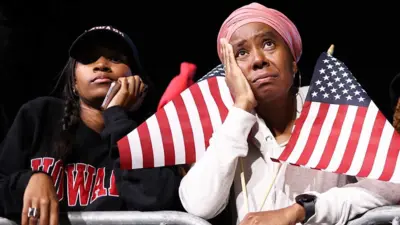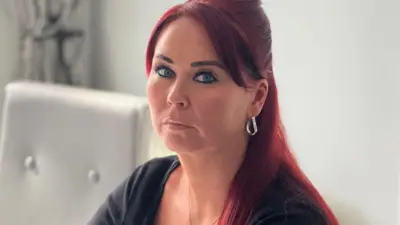We've updated our Privacy and Cookies Policy
We've made some important changes to our Privacy and Cookies Policy and we want you to know what this means for you and your data.
Google, Facebook warn against new US piracy legislation
Web firms including Google and Facebook have written to the US government in opposition to a proposed bill to combat piracy.
Alongside AOL, Twitter and eBay they claim that the Stop Online Piracy Act poses huge risks to the internet.
SOPA, supported by the music and film industries, aims to give new powers to content providers to help them take offending sites offline.
The US House of Representatives is due to debate the bill on 16 November.
The law would allow content owners to seek court orders to force internet service providers, search engines, payment processors and ad networks to block or cease business with websites linked to online piracy.
Content industries around the world are looking for new ways to combat the growing problem of piracy.
Serious risk
In the US, critics warn that SOPA is unnecessarily draconian.
"Unfortunately, the bills as drafted would expose law-abiding US internet and technology companies to new uncertain liabilities, private rights of action, and technology mandates that would require monitoring of websites," Google, Facebook, Yahoo and eBay wrote in a letter to leaders of the House and Senate Judiciary committee.
"We are concerned that these measures pose a serious risk to our industry's continued track record of innovation and job creation, as well as to our nation's cybersecurity," the companies said. The letter was also signed by AOL, Twitter, LinkedIn, Mozilla and Zynga.
Speaking at the Massachusetts Institute of Technology's Sloan School of Management this week, Google chairman Eric Schmidt voiced his own opposition to SOPA.
"The solutions are draconian. There's a bill that would require ISPs to remove URLs from the web which is also known as censorship last time I checked," he said.
In the UK the Motion Picture Association recently won a court order against BT forcing the ISP to block access to Newzbin 2, a members-only site which aggregates links to illegal content. It is now seeking to extend the block to other ISPs.
Culture secretary Jeremy Hunt is considering whether to introduce even stricter measures in the upcoming Communications Act which, like SOPA, would target search engines, payment processors and advertising firms.
Rogue websites
The Motion Picture Association of America (MPAA), the Recording Industry Association of America and the US Chamber of Commerce are among the supporters of the legislation.
MPPA said that SOPA would allow the US Department of Justice "more effective tools to protect American intellectual property, including the films, television shows and sound recordings created by our members".
Judiciary Committee Chairman Lamar Smith, a Texas Republican who introduced the bill, said the legislation is designed to "stop the flow of revenue to rogue websites... that profit from selling pirated goods without any legal consequences".
But the legislation's "vague language" could have a knock-on effect to websites that allow users to share videos and post blogs, according to the Washington-based Center for Democracy and Technology.
It could mean legitimate sites are also blocked, it said.
Golden goose
Critics of SOPA have joined together to create a to coincide with the bill's debate.
On the Censorship US Day website, critics argue that the bill gives the content industries too much power over both the structure and content of the internet.
They are also highly critical of SOPA's counterpart - the Protect IP bill - which is currently being considered by the US Senate.
The bill aims to block sites linking to illegal content by having their domain names delisted from the internet's address books.
The bill also contains clauses that would force search engines to stop listing infringing sites in their indexes.
"These bills were written by the content industry without any input from the technology industry. And they are trying to fast track them through congress and into law without any negotiation with the technology industry." Said Fred Wilson of venture capitalist firm Union Square Ventures.
"The tech industry, led by startups, have created all the net new jobs in the past five years. Companies like Apple, Google, Facebook, and startups like Dropbox, Kickstarter, and Twilio are the leading exporters and job creators of this time. They are the golden goose of the economy and we cannot kill the golden goose to protect industries in decline," he added.
James Allworth, a fellow at Harvard Business School, said SOPA could stifle innovation.
"It contains provisions that will chill innovation. It contains provisions that will tinker with the fundamental fabric of the internet. It gives private corporations the power to censor. And best of all, it bypasses due legal process to do much of it," he said.
Coinciding with the debate about SOPA, a new survey looking at US attitudes to online copyright infringement suggests that, while piracy is widespread, most Americans are not hardcore pirates.
The report suggested that 70% of all 18-29-year-olds have pirated music, TV shows or movies. But it said that two-thirds of this subset also acquire content legally.
The research, conducted by the Princeton Survey Research Associates, was sponsored by thinktank The American Assembly and part-funded by Google.
Top Stories
More to explore
Most read
Content is not available








